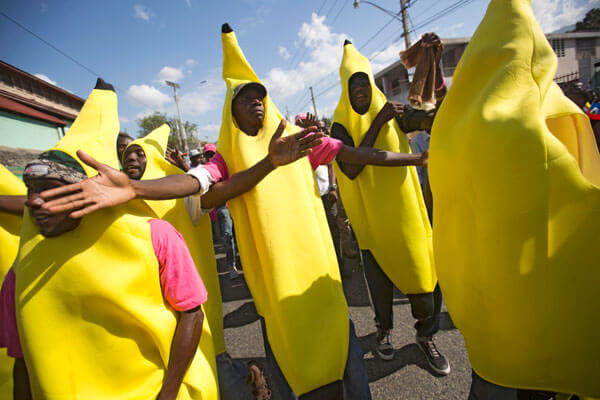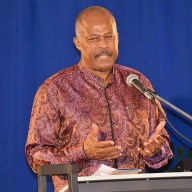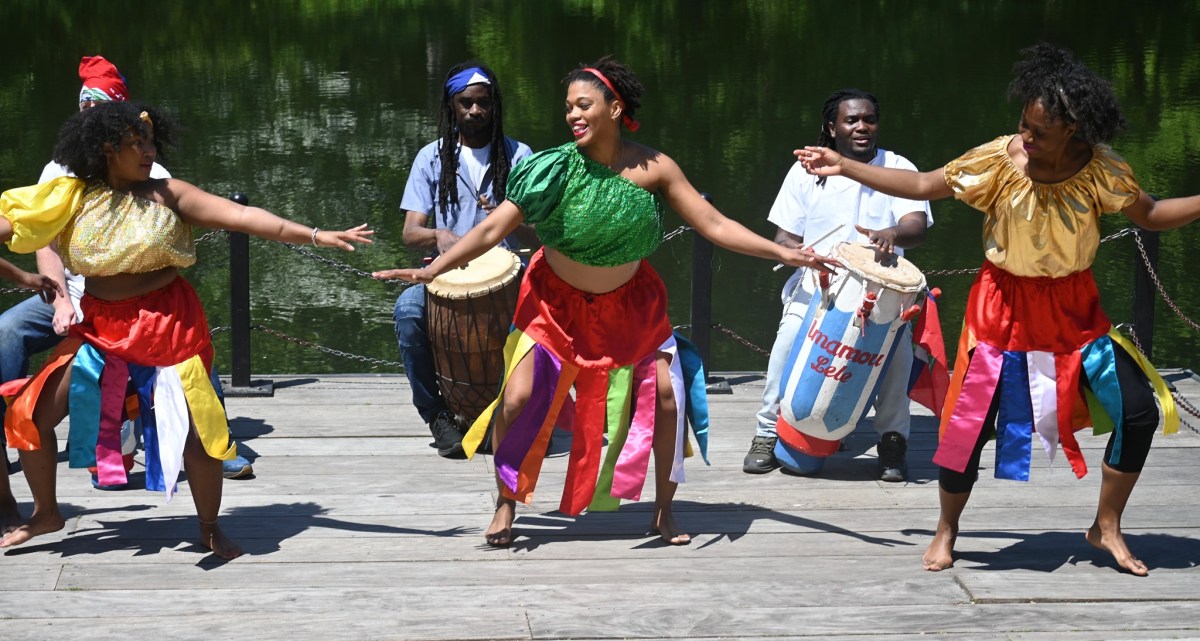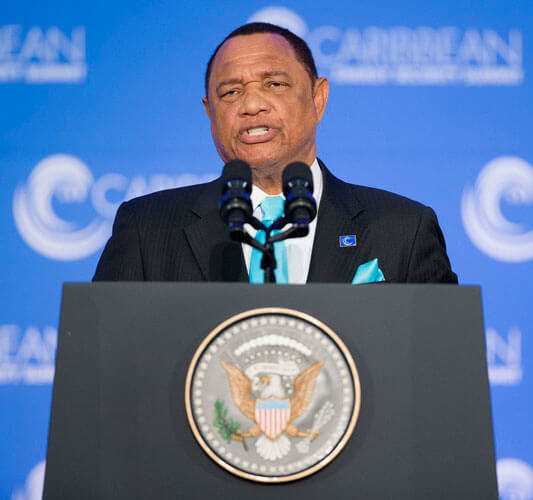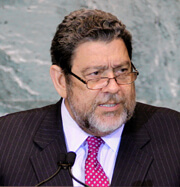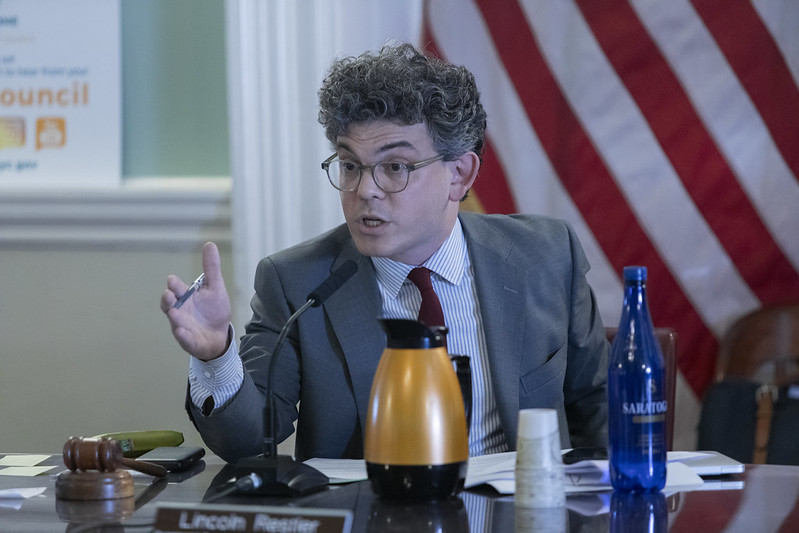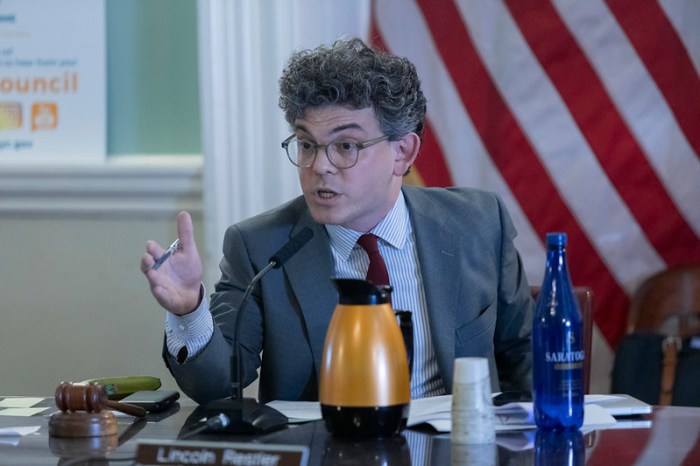Caribbean
The Caribbean Community (CARICOM) is condemning recent violence in Haiti which has delayed the country’s presidential run-off and is calling on all stakeholders to resolve the political crisis.
In a release CARICOM said: “These events have contributed to the decision to postpone the second round of the presidential elections and the elections for the remaining members of the legislature”.
“In the circumstances, the Community calls on all stakeholders, and in particular the major political actors, to do their utmost to resolve as a matter of urgency the current political crisis in a calm and peaceful atmosphere by facilitating the negotiations being conducted,” the release states.
Haiti’s charter requires that a new government be installed by Feb. 7 and there are fears of a constitutional crisis if this is not done.
CARICOM said it looked forward to the continuation of the electoral process and to an improved management and conduct of the polling process.
The Jan. 17 election was postponed after presidential candidate Jude Celestin alleged fraud during the first round of voting last October. He placed second and refused to participate in the second.
This led to widespread street protests. Thousands of Haitians marched against President Michel Martelly’s government on the day the election was supposed to be held, throwing stones and smashing windows.
Security forces used tear gas and stun grenades to disperse them. The election has been put on hold indefinitely.
Antigua
Caribbean Airline, LIAT, has announced the complete removal of fuel surcharge on all new tickets booked from March 1, 2016.
Chief Executive Officer David Evans said oil is now trading at a 12-year low, ending a decade of high jet fuel costs, which has impacted the price of tickets.
“We are committed to offering our customers the most affordable fares so our finance team regularly reviews the fuel surcharge levels and whenever changes are decided upon, we announce them to the market,” Evans said in a press release.
“In this view, we reduced the fuel surcharge by 50 percent at the beginning of the 2015 and it will now be completely removed from March 2006. This will mean that fares will fall by an average of 5 percent. So, beginning from March, 1, 2016 customers will only have to pay the airfare and any applicable airport and government taxes when they book a flight,” he added.
While the price of oil has been trending downwards, Evans explained that the effects of crude oil price reductions take some time to impact on the cost of aviation fuel.
“The jet fuel price of LIAT is on average 90 percent higher than the crude oil price and it takes an average three to six months for the price reductions to be applied in the region,” Evans said,
The CEO said the surge in oil prices since 2003 had turned fuel into one of LIAT’s largest costs.
Bahamas
The Bahamas has been urged to set up its own court of appeal rather than continue with the British Privy Council.
It has come from retired Justice Neville Smith QC who said the Court of Appeal is suited to fill the role of becoming the final court of appeal in The Bahamas.
Smith noted that before the establishment of the Court of Appeal, The Bahamas operated on a two-tiered court system, the Supreme Court and the Privy Council.
“It therefore should not be earth shattering if we revert to a two-tiered system minus the Privy Council with this court at the top, sometimes sitting with a three-judge panel and for the more complex appeals with a five-judge panel,” he said at a recent special sitting at the Court of Appeal to mark the opening of the legal year.
The retired judge said the country must come to the realization and acceptance that the Bahamas cannot indefinitely rely on the good graces of the British government to provide this service.
Over the years, several observers have repeatedly called for the abandonment of the Privy Council.
The calls intensified following the March 2006 Privy Council ruling that the mandatory death sentence in The Bahamas was unconstitutional.
Many condemned man at Her Majesty’s Prisons escaped the death penalty because the Privy Council ruled in l993 in the Jamaican case of Earl Pratt and Ivan Morgan that it would be cruel and inhumane for prisoners to wait more than five years on death row.
Since then is has become difficult for The Bahamas to carry out the death penalty.
Guyana
The Guyana government is moving to hold Local Government elections for the first time in 22 years, with major political parties and other small parties submitting their lists of candidates to the Guyana Electoral Elections Commission recently.
The parties will be contesting the elections in 71 Local Authority Areas, which include 62 Neighborhood Democratic Councils (NDCs) and nine municipalities — a total of 580 constituencies.
While the two major political parties, A Partnership for National Unity / Alliance For Change and the People’s Progressive Party Civic (PPP / C) are contesting virtually all the Local Government constituencies, they are likely to face challenges for control of the most important one, Georgetown, from the newly-formed Team Benscop, headed by social activist Mark Benscop and the Healing the National Theocracy Party.
The registration exercise was completed incident-free.
A Partnership of National Unity and Alliance for Change (APNU / AFC) will contest the elections as a Coalition, as it did for the May 11, 2015 General and Regional Elections and is expected to file candidates for all the constituencies.
The opposition PPP / C will contest 70 of the 71 Local Authority areas.
Jamaica
For the first time in 16 years, police killings in Jamaica have plunged to less than 100 last year when the country recorded 98 fatalities.
The Independent Commission of Investigations (INDECOM) told a press conference recently that there were 109 security force fatalities and of that total, 98 persons were killed by the police and three by the Jamaica Defense Force.
There were also seven deaths of suspects in jail.
The number of fatalities in 2015 is 15 percent less than the 129 police killings recorded in 2014 and 42 percent less than the 258 recorded in 2013.
Assistant Commissioner of Police Hamish Campbell said the decline in police fatalities were over 200 in 2013 and decreased significantly from 200 to 150 in 2014.
However, Campbell said the number of people who lost their lives at the hands of the security forces was still significant.
St. Kitts
St. Kitts and Nevis Prime Minister Dr. Timothy Harris has revealed that more than 10,000 economic citizenships have been granted by his government as of Dec. 31, 2015.
He told the House of Assembly that in 2005, six were issued; 2006 – 19; 2007 – 75; 2008 – 2012; 2009 – 292; 2010 – 664; 2011 – 1,092; 2012 – 1,758; 2013 – 2,004; 2014 – 2,329 and 2015 – 2,296 for a total of 10,777.
In his address in parliament recently, Harris said his administration was ushering in a new era of transparency and accountability to the people of St Kitts and Nevis.
The Citizenship Investment Program (CIP) was established in l984 under the former Dr Denzil Douglas led-administration in 2006 to include the Sugar Industry Diversification Foundation (SIDF) after the closure of the sugar industry.
The CIP provides two paths to citizenship: One is a non-refundable charity donation of a minimum of US$250,000, plus payment of processing fees and additional fees for family members, or a real estate investment of US$400,000, plus various registration and other fees and additional fees for family members.
The CIP offers lifetime citizenship but does not require successful applicants to visit or reside in St. Kitts and Nevis. They also have visa free access to more than 120 countries, including Switzerland, the UK and Ireland, a government website states.
Suriname
The Suriname government is seeking financial help from the International Monetary Fund (IMF). Officials have approached the IMF to discuss the possibility of financial support for its economic reform program as a result of a sharp fall in international commodity.
The IMF mission chief for Suriname, Daniel Leigh, said several important policies have already been implemented in the context of this program with a view to strengthening the level of international reserves and paving the way for the economy to achieve sustained growth and financial stability.
“Together with our sister organizations — the Caribbean Development Bank, the Inter-American Development Bank and the World Bank — we stand ready to help Suriname meet the economic challenges it is currently facing,” Leigh said in a statement.
An IMF team will visit Paramaribo in the next few weeks for discussions on Suriname’s reform program and financing needs.
The Inter-American Development Bank noted it has been working for several years to support reforms in Suriname and said it stands ready to help Suriname meet its economic challenges.
St. Lucia
St. Lucia has joined several Eastern Caribbean countries in establishing a Citizenship Investment Program (CIP).
There are many similarities with its Caribbean neighbors, but some aspects set St. Lucia’s offering apart.
As a starter, it is the only Caribbean island to have set a minimum net worth requirement of US$3 million. A practice widely used in European and North American programs. The aim is to guarantee a certain caliber and know-how of future citizens.
St. Lucia has further diversified the qualified investment options by adding a government bond option and an approved enterprise investment project. For a family of four the required investment is US$250,000 (donation), US$300,000 (real estate), US$500,000 (government bonds) and US$3.5 million (enterprise investment project).
Over l00 countries have opened their borders for citizens of St. Lucia, including the UK and Hong Kong.
According to the Citizenship by Investment Board, only 500 applicants will be accepted in 2016.
St. Lucia’s intention to launch a CIP was first announced by Prime Minister Dr. Kenny Anthony at the Global Citizen Forum in Mexico in October 2015.
St. Lucia would be competing with other Caribbean nations of Antigua and Barbuda, Dominica, Grenada and St. Kitts and Nevis.
Trinidad
Trinidad and Tobago is taking all the necessary precautions against the Ziak virus which is causing fear among pregnant women in several countries around the world.
Health Minister Terrence Deyalsingh has declared a national health emergency over the mosquito-borne virus.
He said the virus posed a clear threat to Trinidad and Tobago and he has warned pregnant women to protect themselves from the Aedes aegypti mosquitoes.
The minister said a rapid response unit was being set up to tackle the Zika virus aggressively.
He said ministries of local government and national security and other state agencies were involved in the program.
All major carnival venues were sprayed for the two-day festival.
However, he noted that it was not practical to screen all arriving passengers at the country’s ports of entry.
The Zika virus has been linked to birth defects in children in Brazil.
— compiled by Azad Ali


